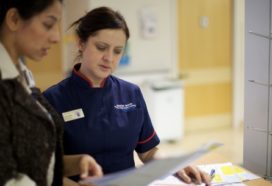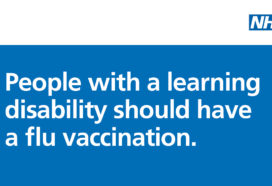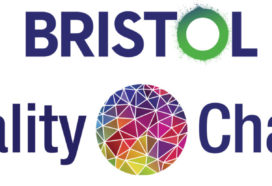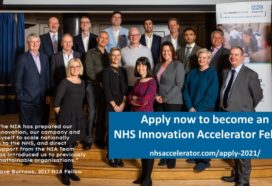The SHarED project aims to improve outcomes for the most frequent and/or impactful users of Emergency Departments (EDs). Patients known as ‘High Impact Users’ (HIUs) attend our Emergency Department up to 80 times per year. The SHarED Project seeks to reduce their attendance rates, along with improving the experience of both staff and patients. The…
Read more
The national flu campaign to encourage uptake of the free flu vaccination, particularly amongst at risk groups, has launched. Individuals with a learning disability are identified as an ‘at risk’ group and are therefore entitled to a free flu vaccine. As are their carers, whether that is a family member or paid support staff who…
Read more
As an Academic Health Science Network (AHSN), we have a leadership role to play in championing and developing diversity, inclusivity and equality within our NHS innovation pipeline and our own organisation. To continue to celebrate the diversity of the region in which we live and work and ensure inclusive work programmes that have equality as…
Read more
The NHS Innovation Accelerator (NIA) – an NHS England initiative supported by England’s 15 Academic Health Science Networks (AHSNs) and hosted at UCLPartners – has launched its call for applications representing high impact, evidence-based innovations. Successful applicants will become 2021 NIA Fellows. The call is open to local, national and international healthcare innovations supported by…
Read more
During July and August 2020 the West of England Academy, aided by guest facilitators and speakers, held weekly Quality Improvement (QI) webinars. This season of learning, known as the QI Summer Series, was fully booked with a lengthy waiting list. We are also delighted to say the series received 100% positive feedback from attendees, no…
Read more
Since 2018, as one of the AHSN Network’s national adoption and spread programmes, Transfer of Care Around Medicines (TCAM) has been an important medicines safety project for the West of England AHSN. Upon discharge from hospital, 30-70% of patients experience unintentional changes to their medications or an error is made because of a miscommunication. 37%1…
Read more








